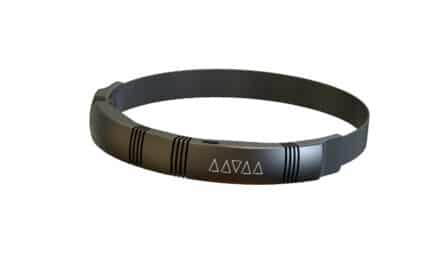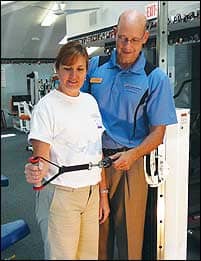Safeguard My Biz introduces the Acrylic Wheelchair/Rollator Protection Barrier. Consisting of four flat transparent acrylic panels, it is designed to help mitigate the spread of COVID-19 and other infectious diseases by blocking the transmission of respiratory droplets.
Designed with nursing home, rehab, and assisted living patients in mind, the barrier is sized to easily allow a wheelchair or rollator to be rolled directly into it. In addition, it can be cleaned and disinfected between uses and assembled no tools required.
When used in conjunction with other safety measures, the barrier could be a viable option for facilities looking to allow indoor visitors for their patients. Additionally, the barrier can be used as a long-term strategy to reduce the risk for other viruses spread by similar modes, such as influenza, according to the Central Florida-based company in a media release.
“I was recently speaking with a friend about how long it’s been since she’s been able to visit her mother at the nursing home and how much it is affecting her mom’s mental and physical health. We started brainstorming about possible solutions the facilities could use to protect their patients and visitors from COVID-19. Since my company already sells acrylic sneeze guards to other businesses looking to protect their employees and customers, we came up with the idea to create an acrylic piece large enough to accommodate and fully envelope a wheelchair, chair or rollator.
“We knew that it needed to have an added layer of protection since elderly patients are so vulnerable to COVID-19, so we came up with a design that consists of four panels, one on top, two on the side and one on the front. I just can’t imagine not being to see my loved one for over 5 months. I really hope this product will prove useful for many facilities.”
— Frederick Smith, Owner of Safeguard My Biz
[Source(s): Safeguard My Biz, PR Newswire]
Related Content:
Disabled Man Left to Die Because COVID-19 Treatment Would Not Improve His Quality of Life
N95s Run Out? Here’s Backup
Adaptive Face Masks For People Living With Disabilities During COVID-19





